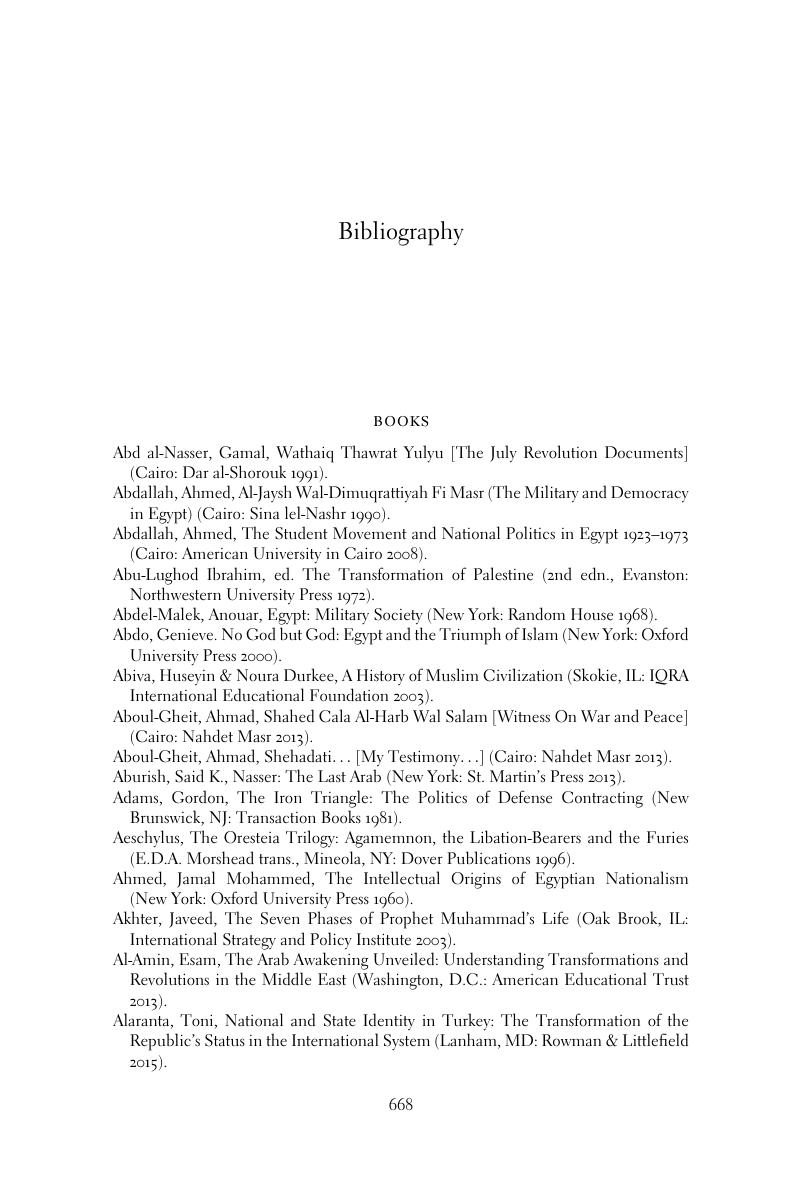The Arab Spring, also known as the Arab Revolutions, was a series of anti-government protests, uprisings, and armed rebellions that spread across the Arab world in the early 2010s. This movement was fueled by various factors, including political repression, economic hardships, and social media activism.
Causes of the Arab Spring
The Arab Spring was largely triggered by the dissatisfaction of the people with the ruling regimes in the Arab countries. Widespread corruption, high unemployment rates, and limited political freedoms were among the key factors that contributed to the eruption of protests. Social media platforms played a crucial role in mobilizing and uniting the dissatisfied populations, enabling them to voice their grievances and organize mass demonstrations.
Key Events and Outcomes
The Arab Spring began in Tunisia in December 2010, where widespread protests led to the ousting of the long-term president, Zine El Abidine Ben Ali. The success of this movement inspired similar uprisings in Egypt, Libya, Yemen, Syria, and other Arab nations. While the outcomes varied across countries, many experienced political upheavals, and in some cases, violent conflicts and civil wars ensued.
Impact on Political Structures
The Arab Spring brought significant changes to the political landscape of the affected countries. Several long-standing authoritarian leaders were ousted, and new forms of governance emerged. However, in some cases, the transition to democracy has been fraught with challenges, leading to prolonged periods of instability and uncertainty.
International Response
The Arab Spring garnered widespread international attention. Several governments and international organizations expressed support for the aspirations of the people in the region. However, the responses varied, with some countries providing diplomatic and financial assistance, while others remained cautious due to geopolitical considerations and concerns over potential power vacuums.
Challenges and Continuing Impacts
Despite the initial fervor and optimism surrounding the Arab Spring, many countries continue to face significant challenges in their political transitions. Persistent conflicts, economic hardships, and security threats have hindered the realization of the desired reforms and stability. The impacts of the Arab Spring are ongoing, and its legacy continues to shape the contemporary political dynamics in the region.

Credit: www.amazon.com
Lessons Learned
The Arab Spring serves as a compelling case study for understanding the complexities of popular uprisings and political transformations. It underscores the importance of inclusive dialogue, effective governance, and socioeconomic reforms in ensuring sustainable progress and stability. The experiences of the Arab Spring offer valuable lessons for policymakers, analysts, and activists globally.

Credit: www.cambridge.org
Frequently Asked Questions Of Contemporary Political History Arab Spring : Uncovering The Transformational Tale
Faq: What Were The Main Causes Of The Arab Spring?
The Arab Spring was primarily triggered by socioeconomic disparities, political corruption, and lack of democratic freedoms.
Faq: Which Countries Were Most Affected By The Arab Spring?
Tunisia, Egypt, Libya, Syria, and Yemen were the most profoundly affected countries during the Arab Spring.
Faq: How Did Social Media Contribute To The Arab Spring?
Social media played a crucial role in mobilizing and organizing protests, facilitating communication, and spreading awareness during the Arab Spring.
Faq: What Were The Key Outcomes Of The Arab Spring?
The Arab Spring led to the overthrow of several authoritarian regimes, political transformations, and increased demand for democratic reforms in the Middle East and North Africa.
Conclusion
In conclusion, the Arab Spring marked a significant chapter in contemporary political history, reshaping the narratives of numerous Arab nations. While the outcomes of the uprisings have been diverse and complex, the spirit of societal empowerment and demands for change embodied by the Arab Spring continue to reverberate, reflecting the enduring quest for justice, freedom, and dignity in the modern world.
Guest Author Sakhawat-Shuvo wrote and edited this Article based on his best knowledge and understanding. These opinions and remarks are not endorsed or guaranteed by epichistoria.com or EpicHistoria. The Epic Historia does not guarantee this article’s content. Readers should verify and use their judgment before trusting the content. Also, the Images used in this Article are the copyright of their Respective Owners. Please use our Comment Box or Contact Us form to report this content. This information is not accountable for losses, injuries, or damages.

